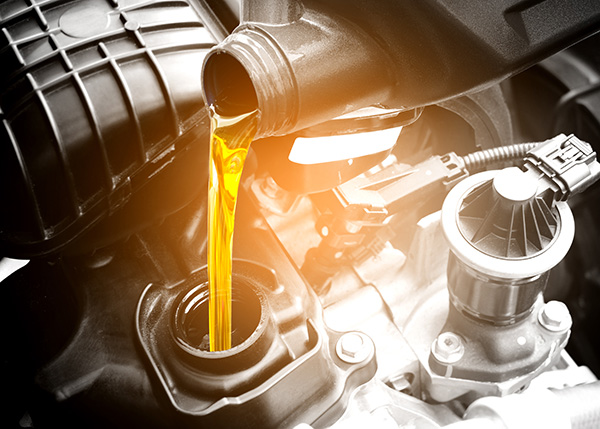
As the temperatures rise and summer approaches, many drivers begin to wonder if they need to change their motor oil for the warmer months. It's a common question and one that deserves a thoughtful answer. After all, your car's engine is the heart of your vehicle, and proper lubrication is crucial for its longevity and performance. We believe that understanding the nuances of motor oil and its relationship with seasonal changes can help you make the best decisions for your vehicle.
The Role of Motor Oil in Your Engine
Motor oil is essential for the smooth operation of your engine. It lubricates the moving parts, reducing friction and wear. It also helps to cool the engine by carrying heat away from critical areas, and it cleans the engine by trapping dirt and debris, preventing them from causing damage. Without motor oil, your engine would quickly overheat and suffer catastrophic damage.
How Seasonal Changes Affect Motor Oil
Viscosity and Temperature
Motor oil's viscosity or thickness is one of its most critical properties. Viscosity changes with temperature: oil becomes thinner as it heats up and thicker when it cools down. This is why motor oils are formulated with specific viscosity ratings to perform well across different temperature ranges, like 10W-30 oil, which is suitable for both cold and hot conditions.
However, it's essential to understand that your car's engine operates at a consistent temperature regardless of the season. The engine's cooling system maintains an optimal operating temperature year-round, making seasonal oil changes unnecessary under normal conditions. While thinner oil flows more easily and provides adequate lubrication, excessively thin oil might not offer enough protection. Conversely, thicker oil might protect better in extreme heat but could impact performance due to its resistance to flow.
Oil Breakdown and Degradation
While it's true that constant high heat can cause motor oil to break down faster, leading to increased engine wear and reduced performance, your car's engine is designed to regulate its temperature effectively. This means that, under normal driving conditions, your oil's ability to lubricate and protect the engine should remain consistent, provided you follow the manufacturer's recommended oil change intervals.
Do You Need to Change Your Oil for Summer?
Manufacturer Recommendations
The most reliable source for determining whether you need to change your oil for summer is your vehicle's owner's manual. Manufacturers provide specific guidelines for oil types and change intervals based on extensive testing. Modern vehicles use multi-viscosity oils designed to perform well across a broad range of temperatures, which means seasonal oil changes are generally unnecessary.
Driving Conditions and Habits
Your driving habits and the conditions you drive play a significant role in the frequency of oil change. If you frequently drive in extremely high temperatures, tow heavy loads, or take long road trips, your engine may benefit from an oil with a higher viscosity rating. However, sticking with the manufacturer-recommended oil is sufficient for most drivers experiencing mild to moderate conditions.
Signs You May Need an Oil Change
Even if your vehicle is equipped with multi-viscosity oil, it's important to watch for signs that an oil change may be necessary. These signs include:
- Engine Noise: Increased engine noise or knocking can indicate that the oil no longer provides adequate lubrication.
- Oil Smell: A burnt oil smell can suggest that the oil is breaking down and needs to be replaced.
- Dirty Oil: Check your oil regularly. If it looks dirty or gritty, it's time for a change.
- Oil Change Light: Many modern vehicles have an oil change light that indicates when it's time to change the oil based on your driving conditions.
Benefits of Regular Oil Changes
Regardless of the season, regular oil changes offer numerous benefits for your vehicle. They help to:
- Extend Engine Life: Fresh oil reduces friction and wear, prolonging the life of your engine.
- Improve Performance: Clean oil ensures that your engine runs smoothly and efficiently.
- Increase Fuel Efficiency: Proper lubrication reduces engine strain, leading to better fuel economy.
- Prevent Breakdowns: Regular oil changes can prevent engine overheating and breakdowns, saving you time and money on repairs.
Ensure your car is summer-ready. Contact South Denver Automotive for all your maintenance needs and enjoy worry-free driving!